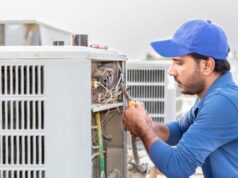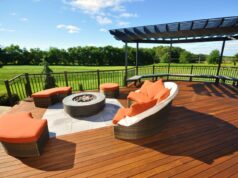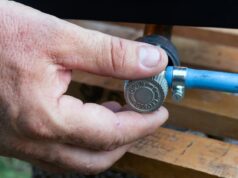
Did you know that the average Canadian spends close to 10% of their household’s income on utilities per year! Now 10% may not seem significant to some, but let’s dive into some elementary math and crunch some numbers. 10% of your household income means that for every $100,000 made, $10,000 of that goes to the big power companies! Shocking! But still… 10% isn’t that much, right? Well, that 10% is not inclusive. Don’t forget your accessory expenses (e.g., property tax, insurance, entertainment, food, medical, etc). How much are you left with now? Looking to start saving today?
The issue here is that when a building is not properly sealed and insulated, hot and cold air from your system escapes. Now, this can be combated with efficient insulation, modern windows, efficient furnaces / AC systems, etc., but how much does all that cost? Well insulation will run you about $1.20 – $2.50 / sq.ft. A single casement window can be priced anywhere from $250 – $1,850. Worst of all, a modern AC system can cost between $2,500 – $5,000!
Now before the self-pity and/or existential questioning sets in, what if I were to tell you that 70% of the homes in Ontario are not running efficiently? What if I were to also tell you that you can improve your HVAC system to have your home not only run more efficiently but extend its life and in turn, save countless dollars? Along with the usual (i.e., turning off lights, using curtains and blinds, minimizing water usage, etc.) here are 5 easy ways to reduce your utility bills at your home.
Page Contents
1. Use a programmable thermostat
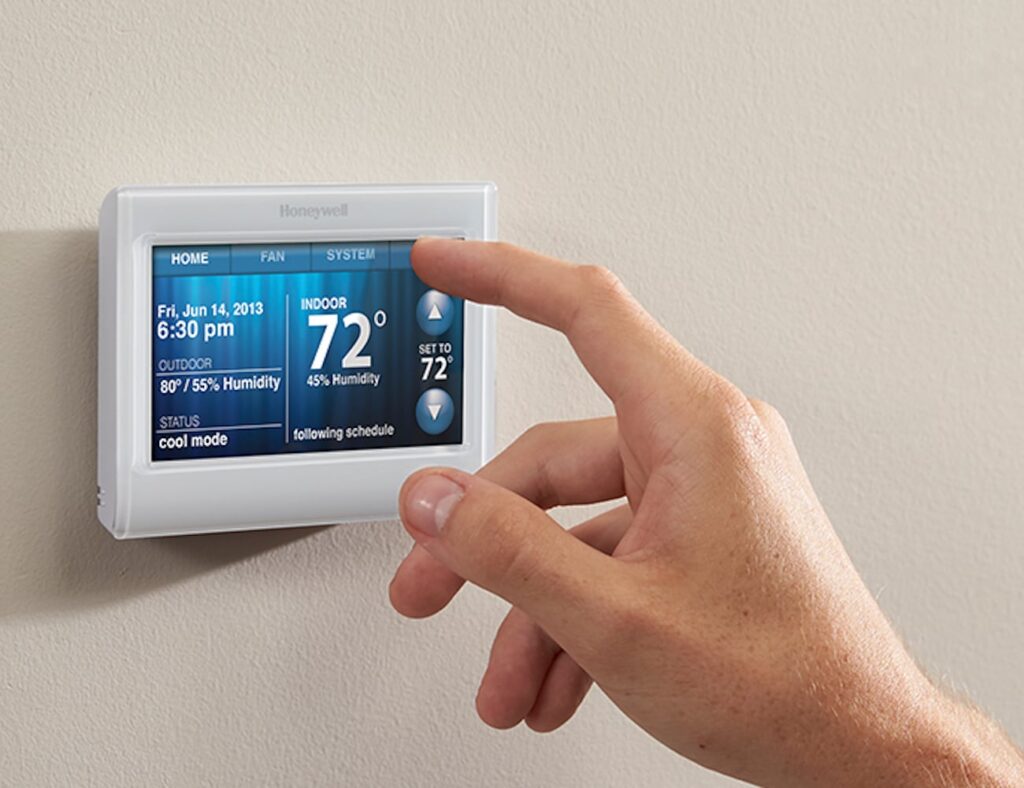
Does your home really need to be kept at 22 degrees all day long while you’re out working? According to Rob Nielsen, electrician at SmileHVAC.ca – lowering or shutting off your HVAC system after leaving your home can save you ‘boatloads’ in the long run. The theory is that the less your HVAC system has to work, the more savings you’ll see. For instance, for every degree in the wintertime that you turn down your thermostat, you save ~5% on your heating bill. Did I mention that they’re super inexpensive and easy to install? These thermostats have even more benefits when applied to Landlord/rental settings. You set the temperature; you set the cost.
2. Change your air filters regularly
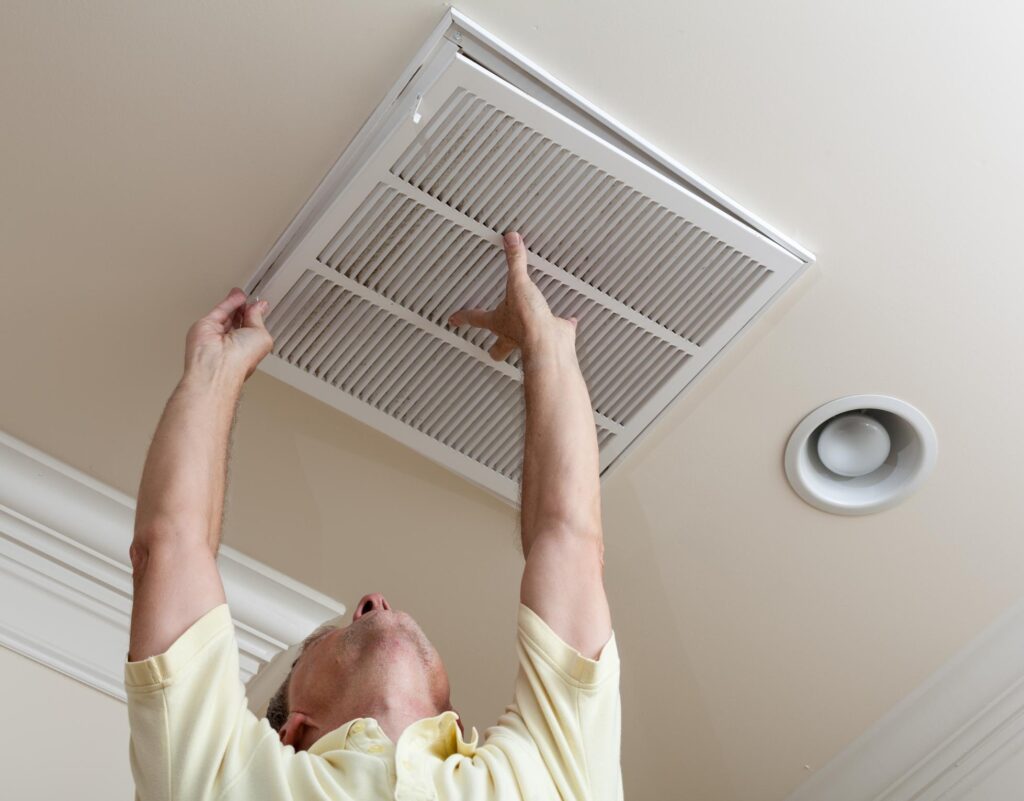
Air filters are probably one of the most ‘not thought about’, yet simplest and most affordable money-saving tips on this list. Ensuring smooth, uninterrupted airflow can save you money! Along with less wear and tear on your system which can consequently increase its lifespan. Semi-annual service from a qualified HVAC systems technician is recommended. This can be applied to all settings (e.g., cars, hospitals, workplaces, etc). Especially nowadays, clean, breathable air is priceless!
3. Update your insulation
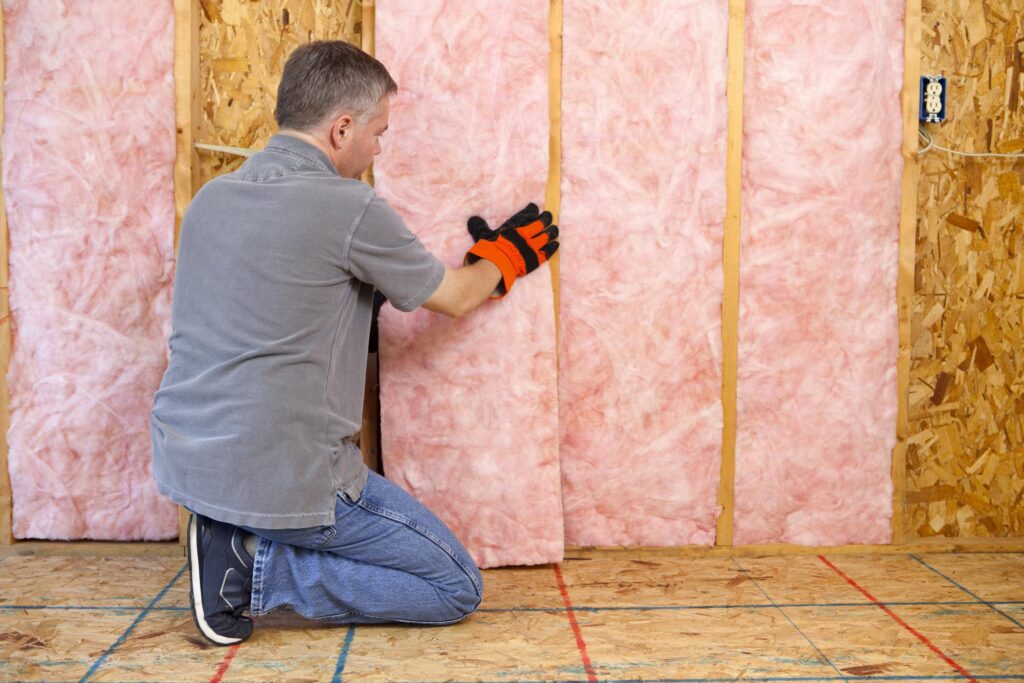
Insufficient insulation is but yet another costly issue that drains the pockets of millions of homeowners each year. Topping up insulation in your attic and basement is an easy fix. For instance, the temperature in an attic should match the outside. For this reason, the hatch needs to be insulated with weather-stripping and latch. Just by blowing in some loose-fill insulation on top of what’s already there can gain your insulation value up from R-20 to R-50 (i.e., higher number being better) and save you tons! Take caution, however, having a professional look at your attic before you blow in extra insulation is crucial. They will make sure the area is air-sealed to mitigate condensation.
4. Seal your home from drafts
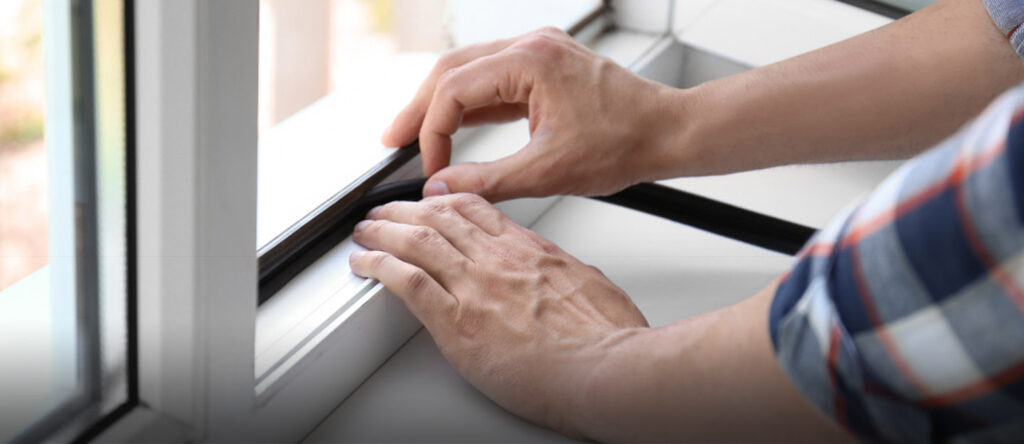
Did you know that air leakage is responsible for up to 30% to 40% of all HVAC inefficiencies? Small gaps around wall joists, foundations, windows, baseboards, attics, and wall sockets let your air escape. Sealing said leaks can save you money! Ensure that all windows are shut and doors have great weather seals. A professional HVAC technician can even lower the number of air changes to as few as four an hour (i.e., air will change 10 times an hour inside a typical Canadian home) saving the average homeowner about $500, or 20%, annually on their energy bill!
5. Operate your hvac system at optimum and stable temperatures
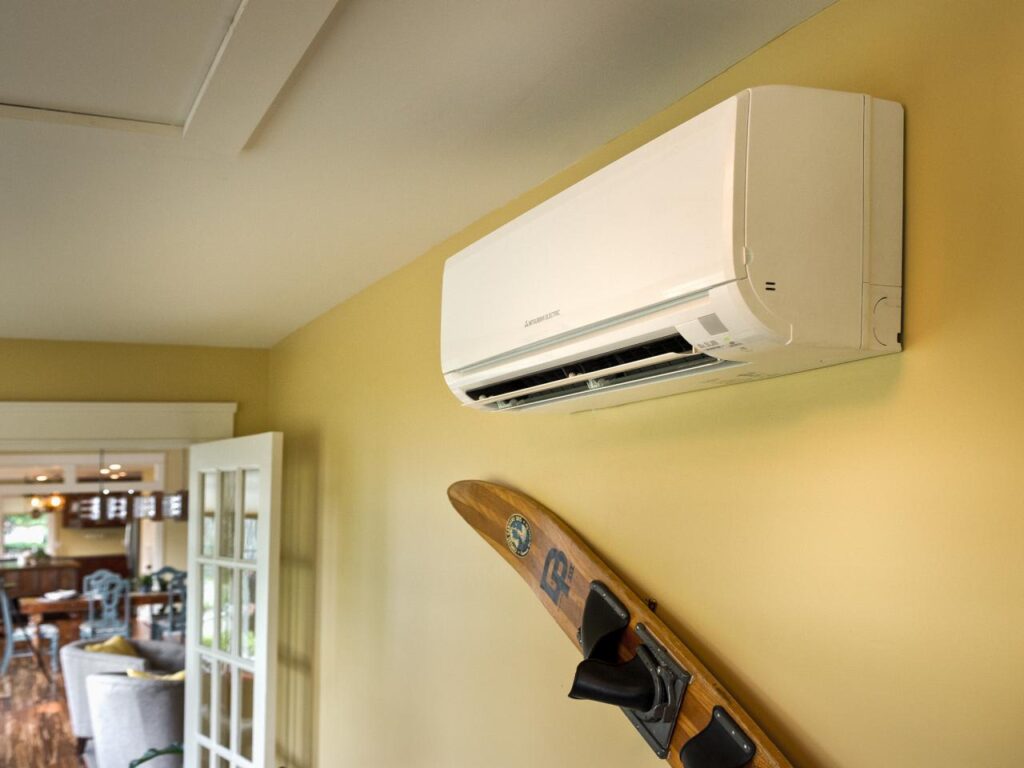
The ideal temperature in your home is largely a matter of personal comfort. However, many HVAC systems have what is called an ‘optimum temperature range.’ The idea behind this range is to encourage energy efficiency and longevity for homeowners. Consult the owner’s manual and/or your local service technician to find out your range. It’s also a good idea to avoid fluctuating temperatures too frequently – such as turning the AC down on a hot day – as this can make your HVAC system work harder. This goes hand in hand with updated appliances, furnace, AC, water- saving devices, etc.
Conclusion
These 5 points mentioned above is a crucial part of your utility savings. Please follow these recommendations and you can be rest assured that you will be able to save money in the long and short run. Make sure to buy programmable thermostat – it has in-build AI, which can regulate temperature in the house based on the external factors. For example, thermostat can lower the temperature when you leave for the vacation. This way, you can save money on the utility bills.
The other essential part is to change filters in the furnace at least 3-4 times per year. Having a well-maintained furnace is an important thing you should have. Furnace will work much more efficient if it’s well-maintained. Thus, you will need to use less electricity or gas in order to warm-up your house. Insulation plays a great role for your house. Even though, you might need to invest a considerable amount of money first, you can save up much more in the long run. Make sure that your home’s drafts are sealed and there’s no holes through which cold air can come inside the house. When you install your HVAC equipment, ask the technicians what is the optimum temperature the equipment should sustain. There’s no need to go over or less, just follow the guidance of your installers. If you follow all the recommendations, you can be sure that you will be able to save a lot of money on your utility bills.



















